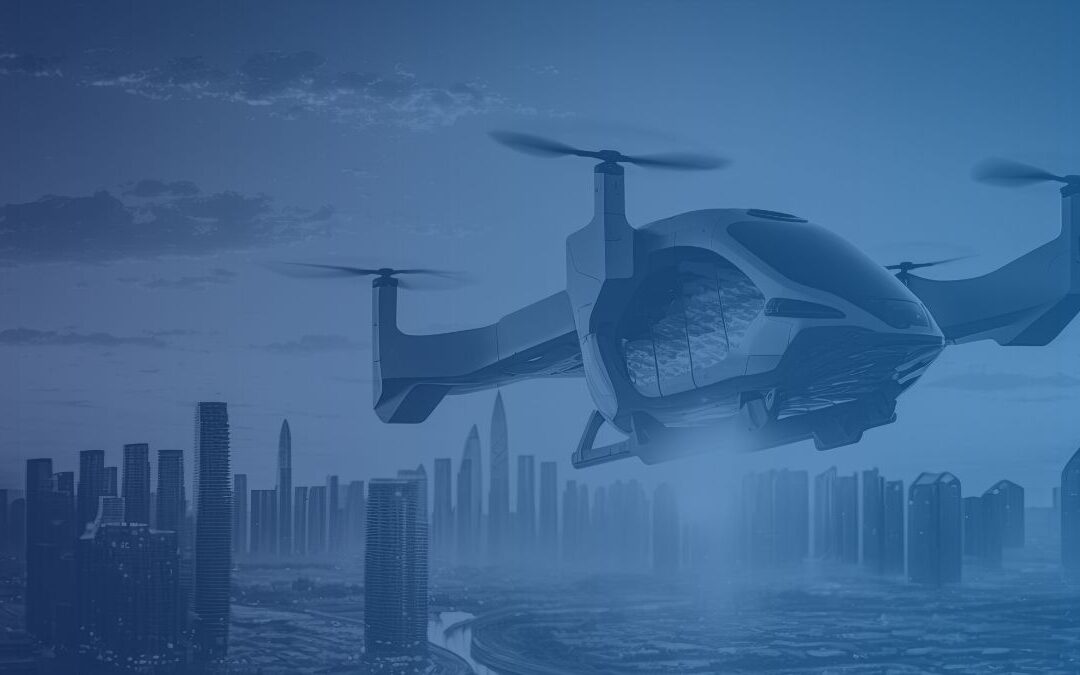In safety-critical industries —especially aerospace— solutions must be secure, reliable, and resilient within various, fluctuating operational environments. Airborne solutions must meet several industry defined hardware standards to ensure the integrity of on-board systems and the overall aircraft. Not only is it challenging to design products that meet these complex standards, but the process of obtaining certification is extensive and costly. It is critical for solution developers to stay informed on regulation evolvements and understand the steps needed for a smoother path to a successful product launch and upholding overall aircraft operations.
Considerations for Ensuring System Reliability
Aerospace systems are commonly deployed in environments that have adverse effects on the functionality of computer systems. Systems that must work all the time regardless of conditions must be rigorously tested and certified to ensure that they are reliable. This means that solution manufacturers must consider a wide range of potential factors when designing, manufacturing, and testing their systems. Some examples include:
- Environmental: Aviation systems may be exposed to extreme temperatures, vibration, and high altitudes. These systems must be tested and certified to ensure that they perform properly despite these varying environmental factors, for example – shock, altitude, electromagnetic interference. Please see section DO-160G for further reading.
- Safety: Mechanical hardware may be exposed to adverse conditions and experience wear and tear. However, to assure that there are no design defects and that the solution decays safely, the DO-254 standard is utilized. Please see the DO-254 section below for further reading.
- Security: Systems in any organization are subject to cyberattacks, but safety-critical systems are at greater risk. These systems must be certified against applicable regulations to demonstrate that appropriate security controls, processes, and policies are in place.
Safety-Critical Industry Compliance and Testing
Every organization is required to demonstrate compliance with a certain set of regulations. For example, PCI DSS compliance is required for every company that accepts credit card payments, and companies must adhere to various data privacy laws.
However, safety-critical industries have their own additional sets of requirements that hardware developers must rigidly adhere to. Two of the most significant regulation and certification standards for aerospace include DO-160 and DO-254.
DO-160G: Environmental and Electromagnetic Environment Testing
DO-160G measures the resiliency of airborne equipment against adverse environmental conditions and electromagnetic radiation. As new technology and innovation arise within the aviation industry, DO-160 is revised and updated accordingly so that hardware standards are up to par with evolving safety-critical needs. The criticality of the levels that hardware must be certified against depend on the location of the hardware within the aircraft. This certification provides test criteria for vibration, power input, radio frequency susceptibility, lightning and electrostatic discharge and more.
DO-254: Hardware Verification and Validation Testing
The DO-254 certification is a “requirements-driven process-oriented safety standard used on commercial electronics that go into aircraft” essentially ensuring that every circuit in an airborne solution performs in the way that it was designed. DO-254 defines several Design Assurance Levels (DALs) labeled DO-254 Level A through E. These levels are based on the potential impacts of a failure of the component ranging from a catastrophic failure condition (Level A) to no impact on the aircraft and crew’s abilities to perform their roles (Level E).
For a solution to become DO-254 certified, there are several processes and elements that need to be thoroughly inspected. A few areas that will be examined include the product/project plan, the hardware’s requirements and validation, as well as the conceptual and detailed design processes. At Performance Studio, we have built test environments for DO-254 and factory testing to ensure that our solutions are up to code.
The Need for Comprehensive Product Testing
Before solutions can be cleared for airborne environments, they need to be certified against a wide range of regulations. These certifications are designed to ensure user safety, so testing processes are rigorous and intensive.
If an organization has a target deployment timeline, preparation for compliance during the developing, manufacturing, and testing phases of the product lifecycle is essential. Hence, it is within an innovator’s best interest to partner with a product development company that understands and has experience in successfully obtaining these critical certifications for their next safety-critical solution.
Ensuring Compliance and Safety with Performance Studio
At Performance Studio, we have extensive experience in compliance for safety-critical environments. Our product testing is conducted internally at a controlled facility that meets DO-160 environment and protocol requirements. To learn more about safety-critical product development and testing, connect with our product experts today.




